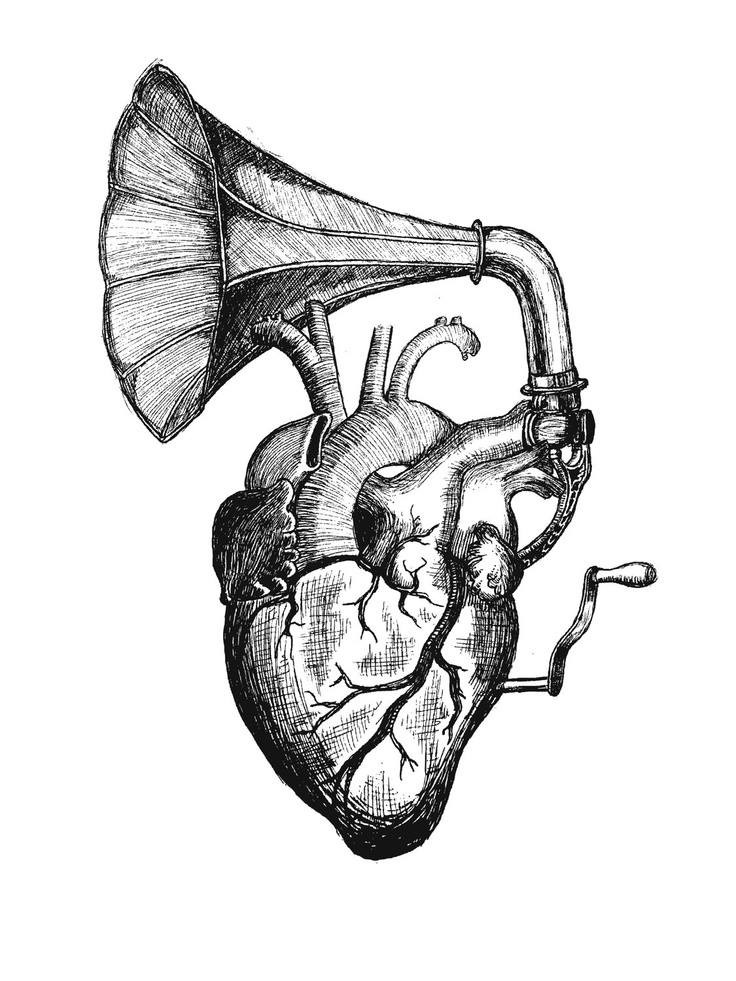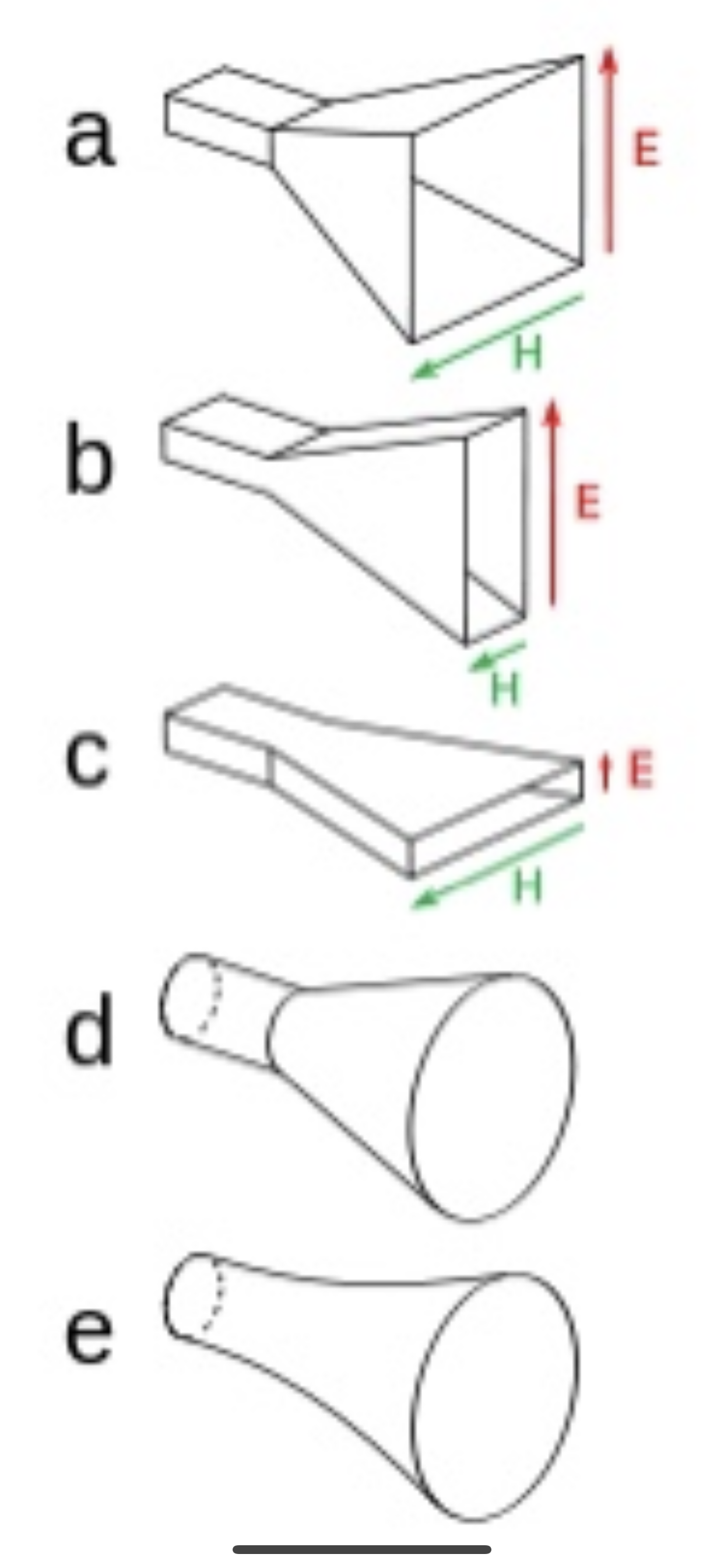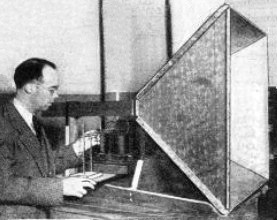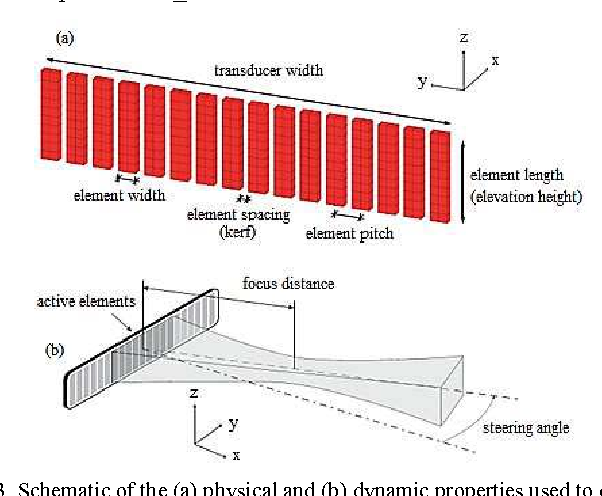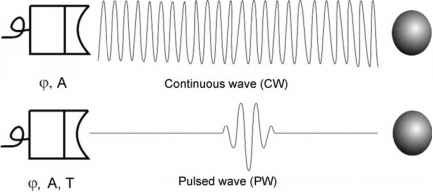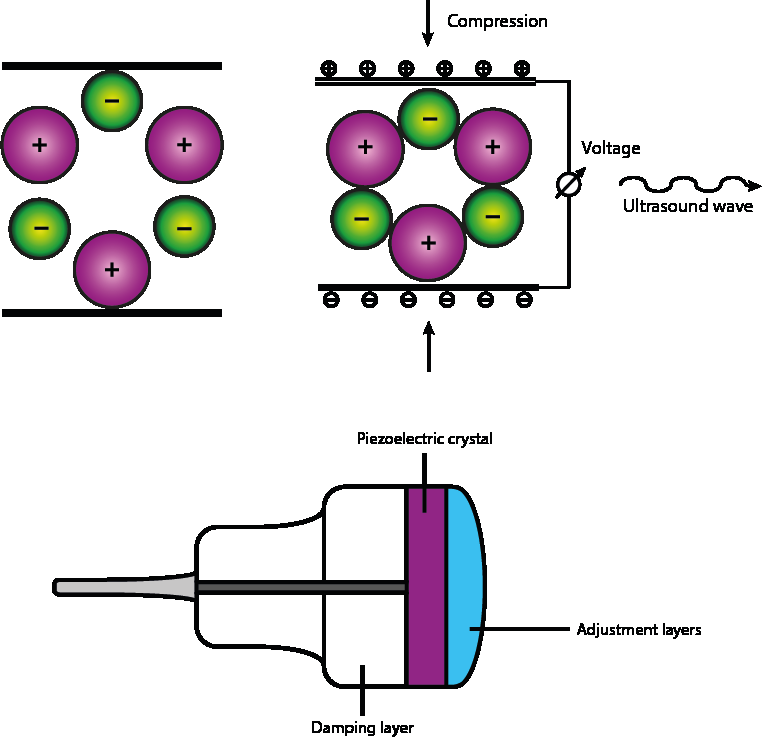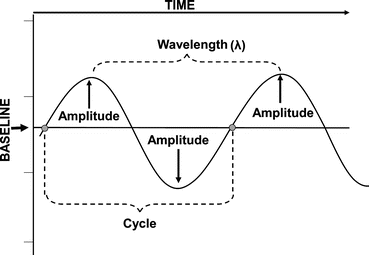❤️
The human voice consists of sound made by a human being using the vocal tract, including talking, singing, laughing, crying, screaming, shouting, or yelling. The human voice frequency is specifically a part of human sound production in which the vocal folds (vocal cords) are the primary sound source. (Other sound production mechanisms produced from the same general area of the body involve the production of unvoiced consonants, clicks, whistling and whispering.)
Generally speaking, the mechanism for generating the human voice can be subdivided into three parts; the lungs, the vocal folds within the larynx (voice box), and the articulators. The lungs, the "pump" must produce adequate airflow and air pressure to vibrate vocal folds. The vocal folds (vocal cords) then vibrate to use airflow from the lungs to create audible pulses that form the laryngeal sound source. The muscles of the larynx adjust the length and tension of the vocal folds to 'fine-tune' pitch and tone.
even the smallest amount of something spoken or written.
noun: a word
word; plural noun: words
A harmonic is any member of the harmonic series. The term is employed in various disciplines, including music, physics, acoustics, electronic power transmission, radio technology, and other fields. It is typically applied to repeating signals, such as sinusoidal waves.
say
/seɪ/
verb: say; 3rd person present: says; past tense: said; past participle: said; gerund or present participle: saying
1.
utter words so as to convey information, an opinion, a feeling or intention, or an instruction.
"‘Thank you,’ he said"
All my heart. 🙏🏻❤️
Pyramidal horn (a, right) – a horn antenna with the horn in the shape of a four-sided pyramid, with a rectangular cross section. They are a common type, used with rectangular waveguides, and radiate linearly polarized radio waves. ... These types are often used as feed horns for wide search radar antennas.
The first modern horn antenna in 1938 with inventor Wilmer L. Barrow.
They are used as feed antennas (called feed horns) for larger antenna structures such as parabolic antennas, as standard calibration antennas to measure the gain of other antennas, and as directive antennas for such devices as radar guns, automatic door openers, and microwave radiometers. Their advantages are moderate directivity, low standing wave ratio (SWR), broad bandwidth, and simple construction and adjustment.
A horn antenna is used to transmit radio waves from a waveguide (a metal pipe used to carry radio waves) out into space
the physical universe beyond the earth's atmosphere.
noun: outer space; plural noun: outer spaces
outer space
deep space
the universe
the cosmos
the galaxy
the solar system
infinity
the near-vacuum extending between the planets and stars, containing small amounts of gas and dust.
Phased array antennas have attracted much attention in recent years because of their appealing capabilities to realize a variety of unique radiation characteristics such as high gain, low sidelobe levels, beam scanning, and null steering. The radiation characteristics mainly depend upon the element pattern, the excitation amplitude and phase, inter-element spacing, as well as the array geometry1,2. A number of well-defined techniques, namely the Taylor and Dolph–Chebyschev methods1,2,3,4, use tapered amplitude excitation on uniformly-spaced array antennas to reduce and control the sidelobe levels. Low sidelobe levels can also be achieved by optimizing the phase shifts of the uniformly-spaced array elements5.
In 1961, Harrington6 proposed a novel technique of reducing the sidelobe levels of array antennas with uniform excitation by employing the method of non-uniform spacing of array elements. This technique was further investigated to design unequally-spaced array antennas with uniform6,7,8,9 as well as non-uniform excitation10,11 to improve the array performance, compared to uniformly spaced arrays12,13,14,15. It was demonstrated that the radiation characteristics, e.g., the position of the nulls, beamwidth, sidelobe levels, of the non-uniform arrays can be controlled by the location, magnitude and phase of their base elements. A vast variety of evolutionary algorithms such as genetic algorithm (GA), particle swarm optimization (PSO), and differential evolution (DE), were developed for the purpose of optimizing the element positions and excitation to reduce the computational cost16,17,18,19.
This has led to the development of antenna arrays, realizing narrow beamwidths, null steering and reduced sidelobe levels by controlling the element position and excitation20,21,22,23. However, in order to achieve different desired radiation characteristics, it is required that the base element be physically displaced to a pre-determined position. As the element position varies per the requirement, the practical implementation becomes costly and complex. Therefore, a new research paradigm is needed to realize adaptive element spacing arrays over the course of the operation.


